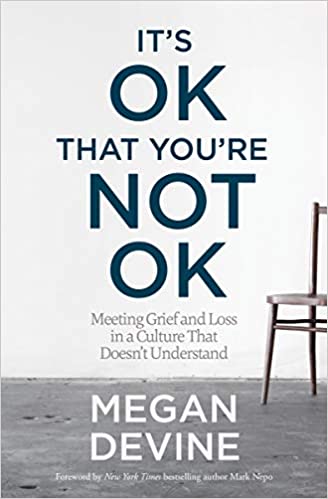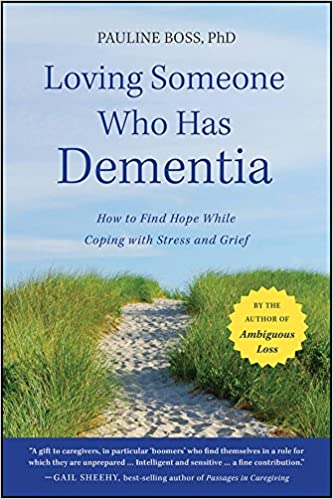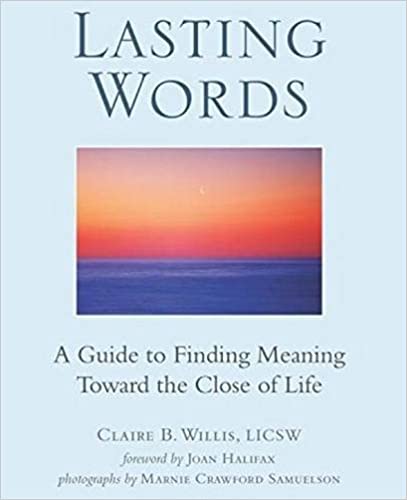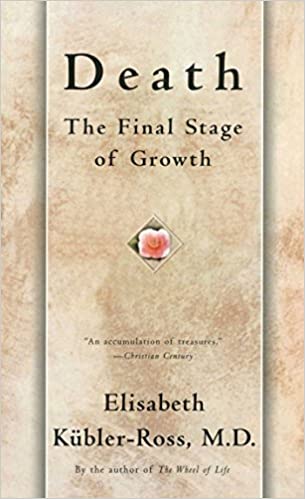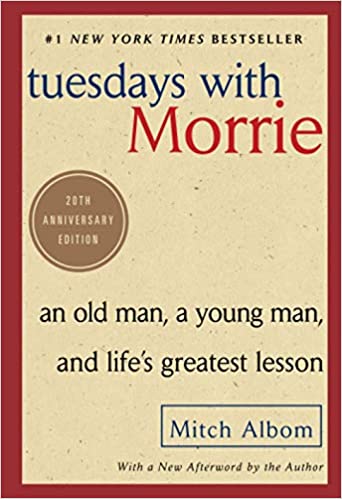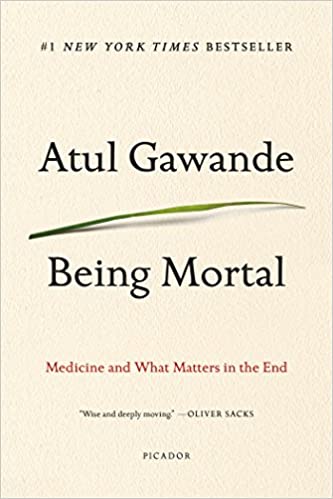Many people who have suffered a loss feel judged, dismissed, and misunderstood by a culture that wants to “solve” grief. Megan writes, “Grief no more needs a solution than love needs a solution.” Through stories, research, life tips, and creative and mindfulness-based practices, she offers a unique guide through an experience we all must face–in our personal lives, in the lives of those we love, and in the wider world.
Nearly half of U.S. citizens over the age of 85 are suffering from some kind of dementia and require care. Loving Someone Who Has Dementia is a new kind of caregiving book. It’s not about the usual techniques, but about how to manage on-going stress and grief. The book is for caregivers, family members, friends, neighbors as well as educators and professionals–anyone touched by the epidemic of dementia. Dr. Boss helps caregivers find hope in “ambiguous loss”–having a loved one both here and not here, physically present but psychologically absent.
Faced with the ultimate challenge of life-confronting your death-how would you want to be remembered? Are there stories you want to tell? Experiences you want to relay? Explanations about how you felt and why? Maybe you wish to ensure that future generations know your family lore. Perhaps you seek meaning and purpose and don’t know how to access them. It’s likely that you seek comfort and strength. But at the same time a deep desire to heal unresolved issues may unsettle you. And reaching for a spiritual connection may be the path you want to find.
Ours is a death-denying society. But death is inevitable, and we must face the question of how to deal with it. Coming to terms with our own finiteness helps us discover life’s true meaning.
Why do we treat death as a taboo? What are the sources of our fears? How do we express our grief, and how do we accept the death of a person close to us? How can we prepare for our own death?
Drawing on our own and other cultures’ views of death and dying, Elisabeth Kübler-Ross provides some illuminating answers to these and other questions. She offers a spectrum of viewpoints, including those of ministers, rabbis, doctors, nurses, and sociologists, and the personal accounts of those near death and of their survivors.
Once we come to terms with death as a part of human development, the author shows, death can provide us with a key to the meaning of human existence.
Maybe it was a grandparent, or a teacher, or a colleague. Someone older, patient and wise, who understood you when you were young and searching, helped you see the world as a more profound place, gave you sound advice to help you make your way through it.
For Mitch Albom, that person was Morrie Schwartz, his college professor from nearly twenty years ago.
Maybe, like Mitch, you lost track of this mentor as you made your way, and the insights faded, and the world seemed colder. Wouldn’t you like to see that person again, ask the bigger questions that still haunt you, receive wisdom for your busy life today the way you once did when you were younger?
Mitch Albom had that second chance. He rediscovered Morrie in the last months of the older man’s life. Knowing he was dying, Morrie visited with Mitch in his study every Tuesday, just as they used to back in college. Their rekindled relationship turned into one final “class”: lessons in how to live.
Tuesdays with Morrie is a magical chronicle of their time together, through which Mitch shares Morrie’s lasting gift with the world.
Medicine has triumphed in modern times, transforming birth, injury, and infectious disease from harrowing to manageable. But in the inevitable condition of aging and death, the goals of medicine seem too frequently to run counter to the interest of the human spirit. Nursing homes, preoccupied with safety, pin patients into railed beds and wheelchairs. Hospitals isolate the dying, checking for vital signs long after the goals of cure have become moot. Doctors, committed to extending life, continue to carry out devastating procedures that in the end extend suffering.
Gawande, a practicing surgeon, addresses his profession’s ultimate limitation, arguing that quality of life is the desired goal for patients and families. Gawande offers examples of freer, more socially fulfilling models for assisting the infirm and dependent elderly, and he explores the varieties of hospice care to demonstrate that a person’s last weeks or months may be rich and dignified.
Full of eye-opening research and riveting storytelling, Being Mortal asserts that medicine can comfort and enhance our experience even to the end, providing not only a good life but also a good end.
This blog post was created by librarians from Park City Library with help of information found in NoveList – a database which is free with your library card. NoveList is a comprehensive reading recommendation resource.
